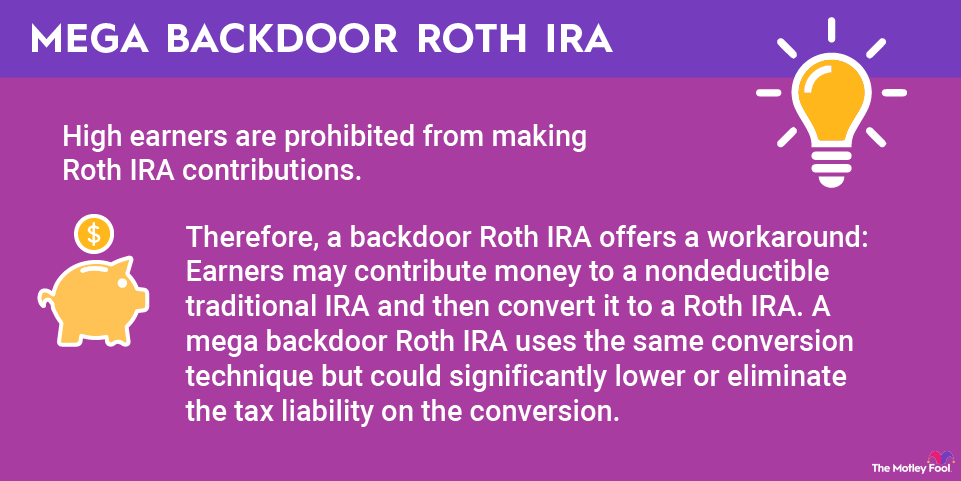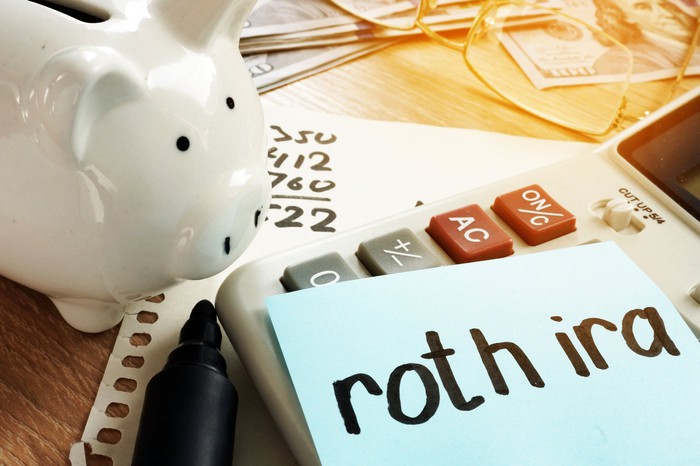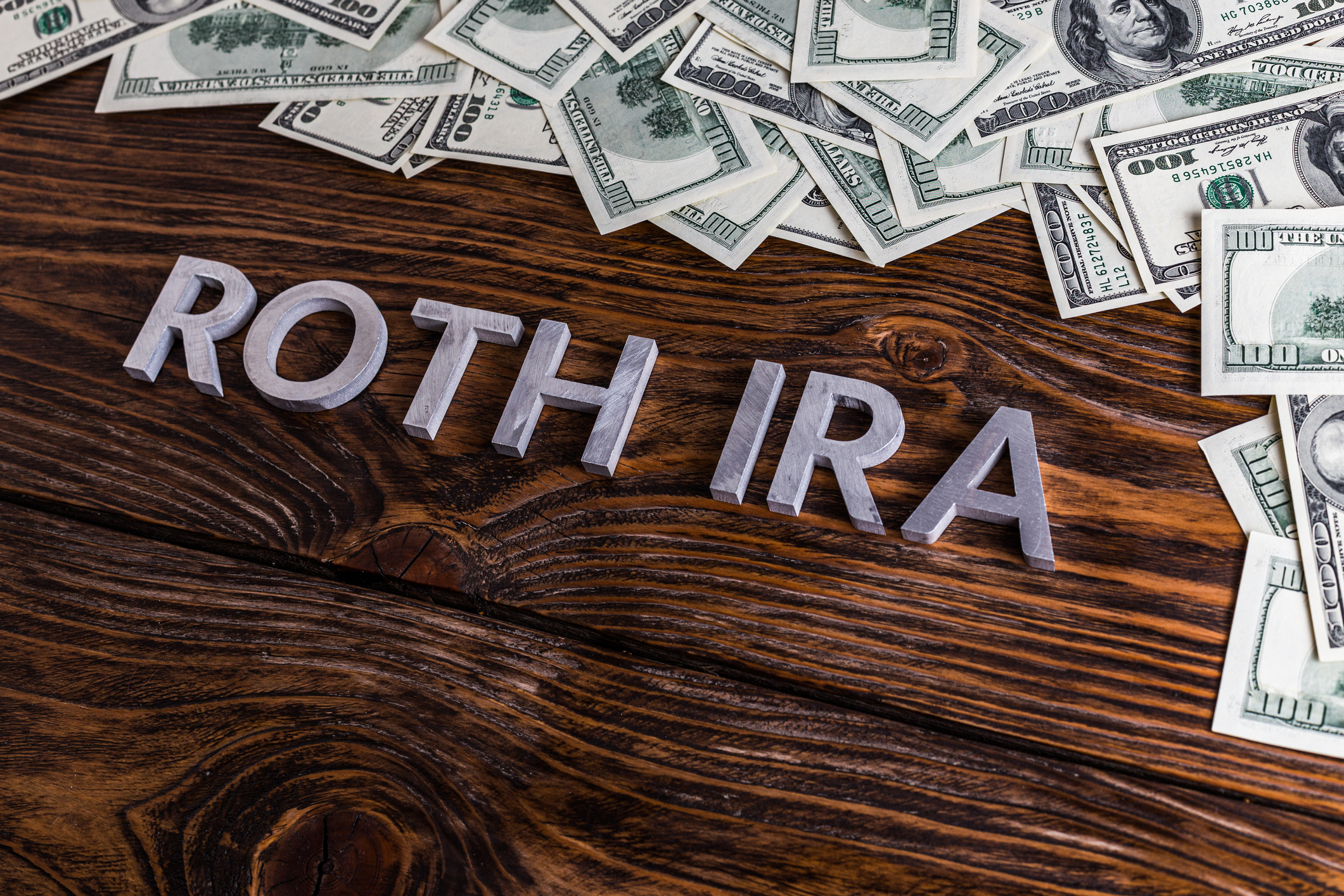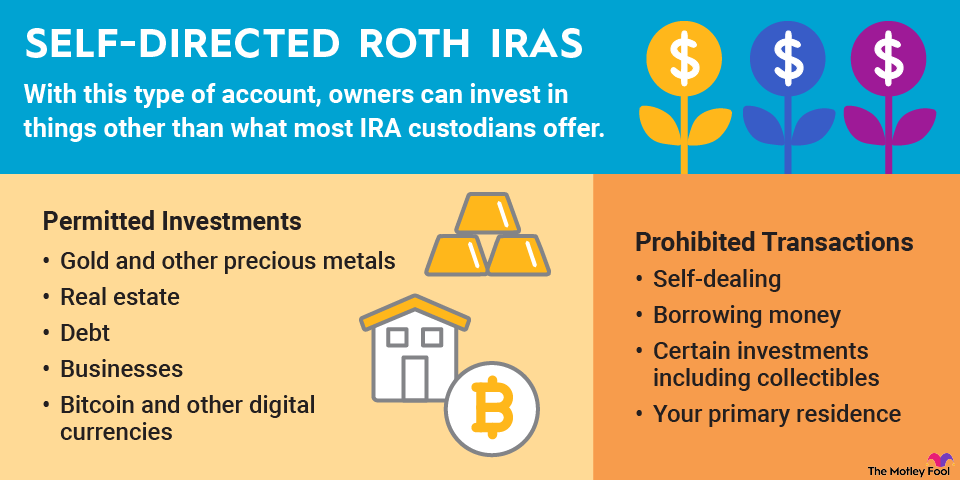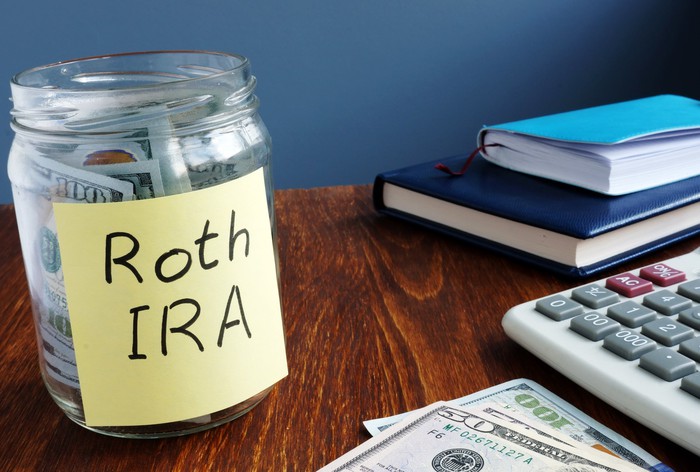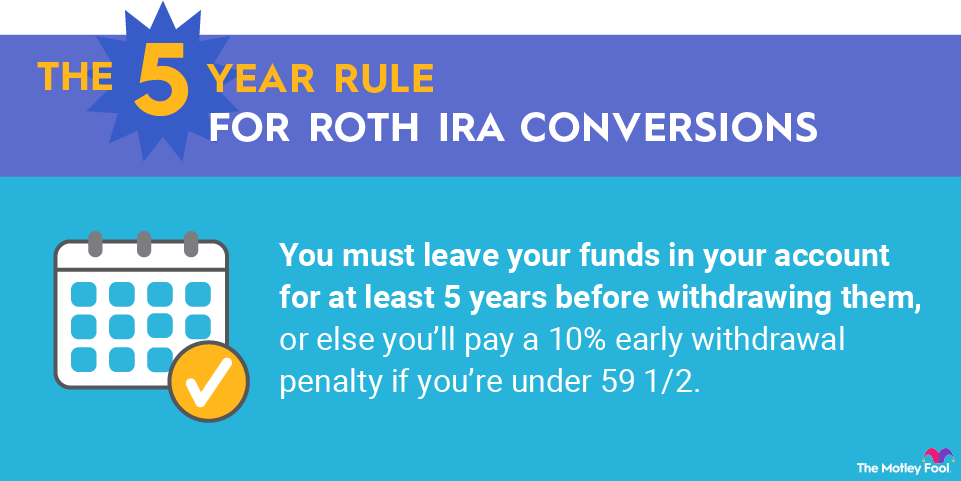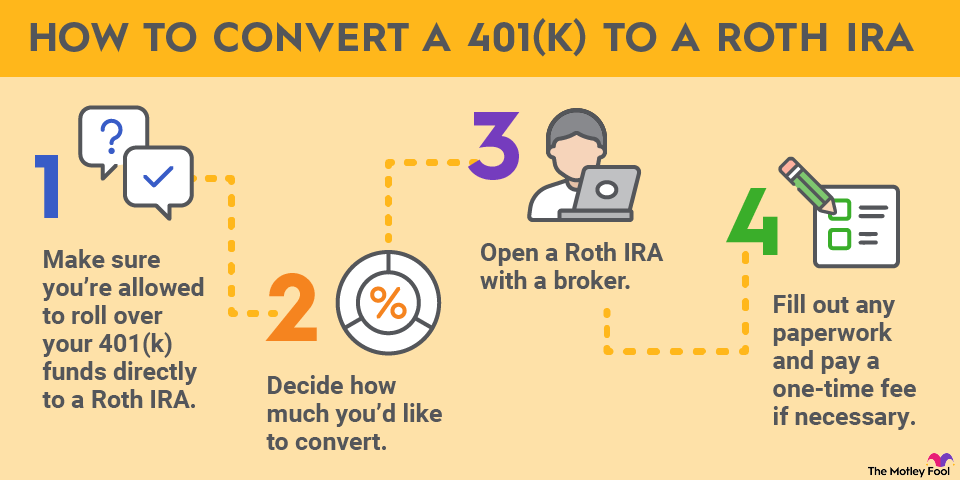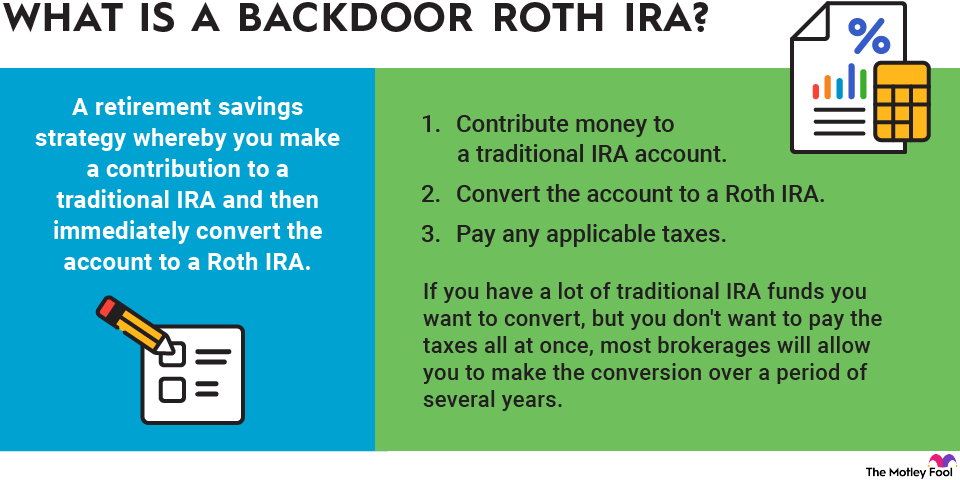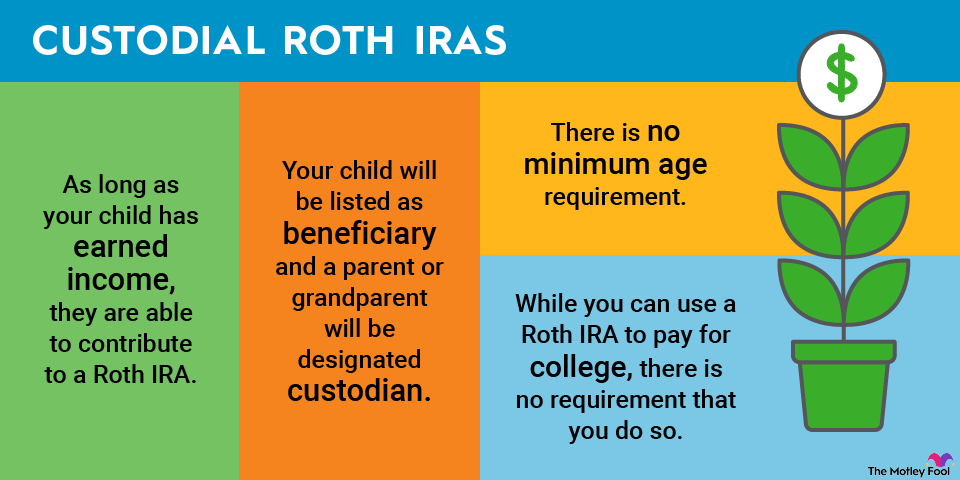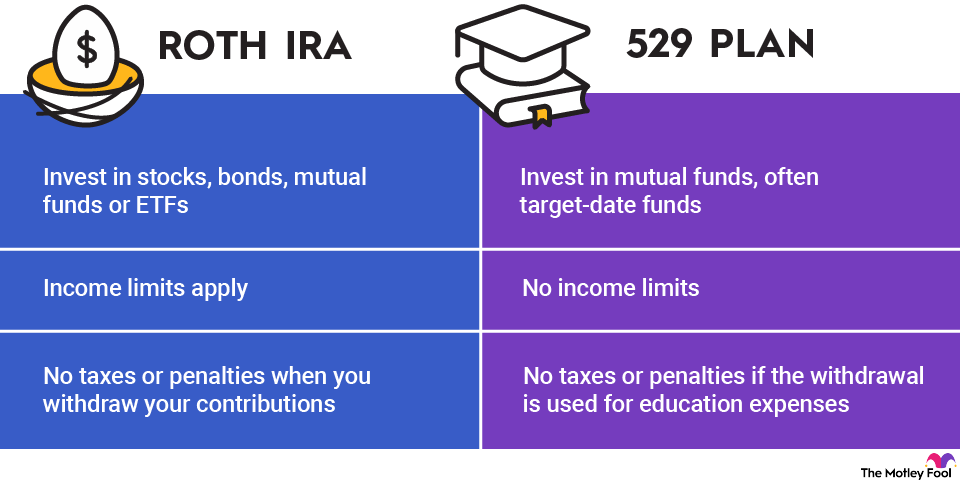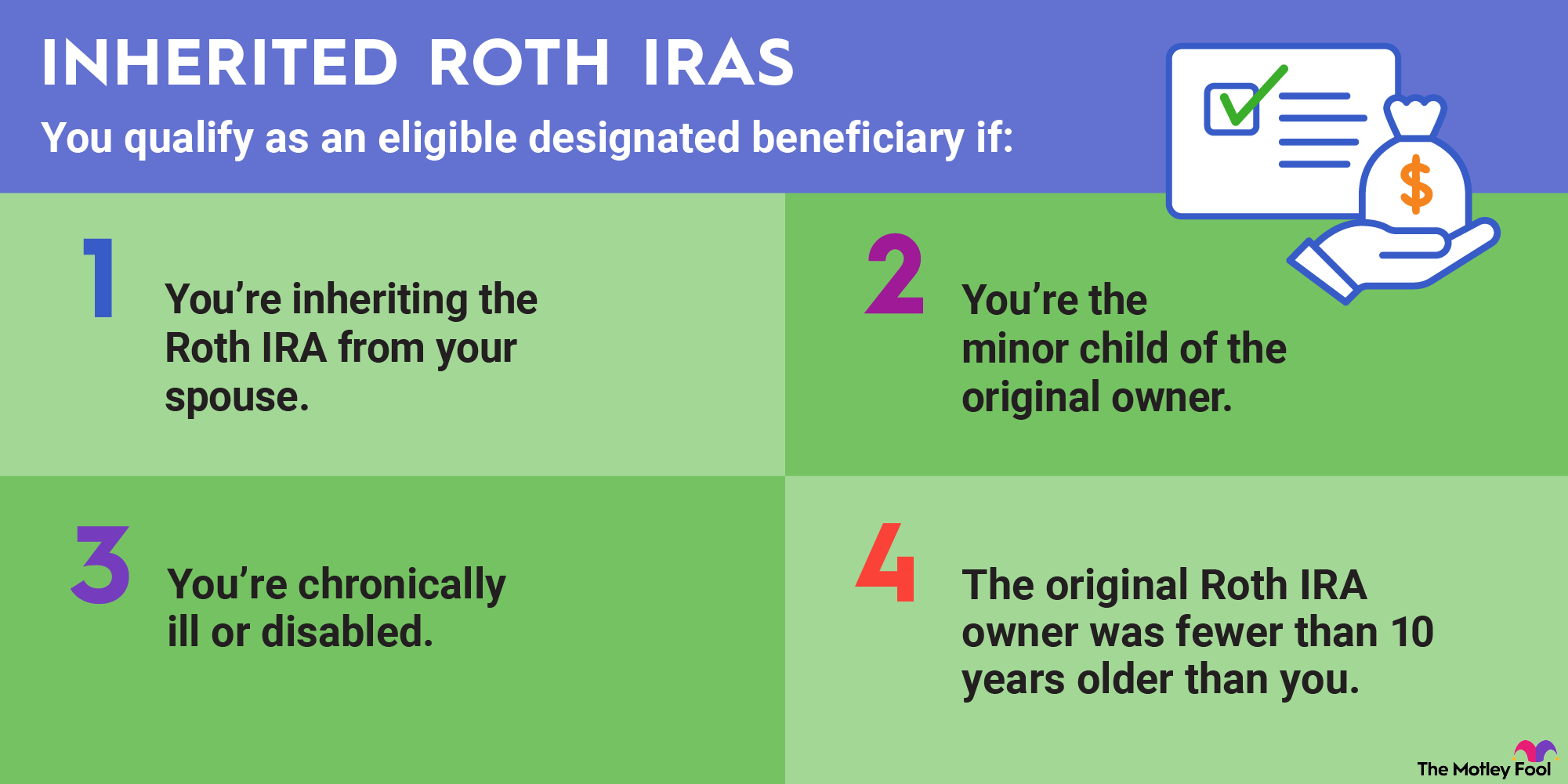Advantages of a standard brokerage account
Advantages of a standard brokerage account
A brokerage account has several pros and cons. Here are some key advantages:
- You can contribute an unlimited amount. Retirement accounts limit the amount you can contribute each year, but there are no limits on how much you can contribute to a brokerage account. If you're already maxing out your 401(k) and Roth IRA contributions, a taxable brokerage account is an option for investing additional money.
- There are no early withdrawal penalties. Retirement accounts often hit you with a 10% early withdrawal penalty if you take money out before age 59 1/2, but with a brokerage account, you can withdraw funds whenever you want. For that reason, a brokerage account is often a good choice for investing money you might want before retirement.
- You can take advantage of favorable long-term capital gains tax rates. Although you're not getting a tax break on your contributions or withdrawals from a brokerage account, if you hold your investments for over a year, you can take advantage of long-term capital gains rates on your earnings, which are lower than income tax rates.
Disadvantages of a brokerage account
There are also some downsides of a brokerage account to be aware of, including:
- No tax breaks for contributions or withdrawals. The biggest drawback of a brokerage account vs. a 401(k) or Roth IRA and other retirement accounts is that you don't get a tax break. You fund the account with after-tax money, then pay taxes on your gains when you withdraw it.
- Dividends are usually taxable. Unless you're in one of the three lowest federal income tax brackets, dividends are usually taxable in a brokerage account. When you earn dividends in a tax-advantaged account like a 401(k) or Roth IRA, you don't owe dividend taxes.
- May encourage more frequent trading. Because you can withdraw your money whenever you want without penalty, you may be tempted to trade more frequently. A buy-and-hold investment strategy usually produces the best returns in the long run.
What is a Roth IRA?
A Roth IRA is an individual retirement account that you fund with after-tax money. In other words, you don't get an upfront tax break for contributions to a Roth IRA, although there are big tax benefits when you reach retirement age. The "individual" means that you open it on your own, unlike a 401(k) or 401(a), which you open through an employer.
Although you don't get an upfront tax deduction when you fund your Roth IRA, the tax breaks are generous in retirement. Once you're 59 1/2 and have had the account for a minimum of five years, your withdrawals are tax-free.
But the Roth IRA rules also give you a lot of flexibility. For example, you can withdraw your contributions (but not your earnings) at any time without owing taxes or an early withdrawal penalty.
If you're interested in a Roth IRA, take a look at our list of the best Roth IRAs to choose from.
